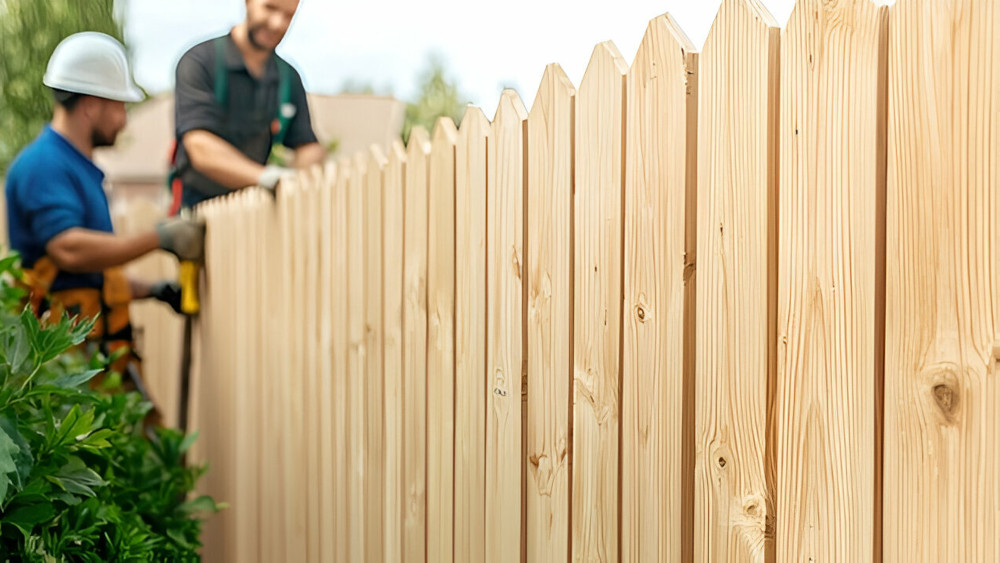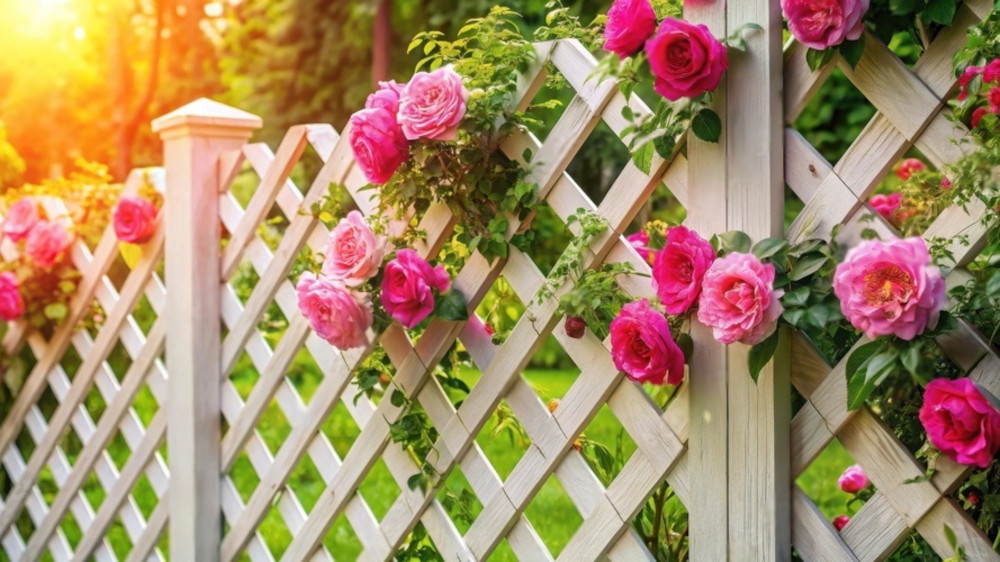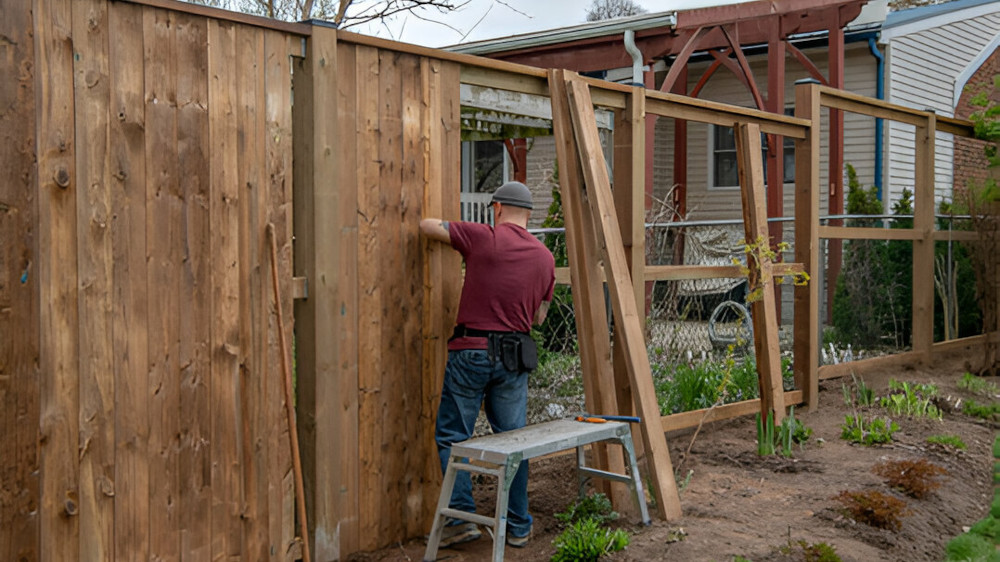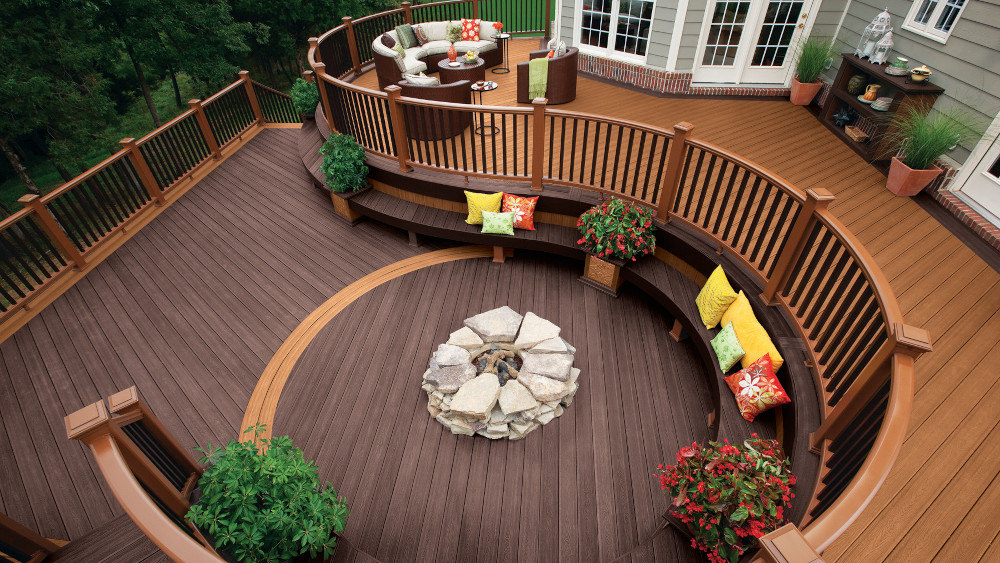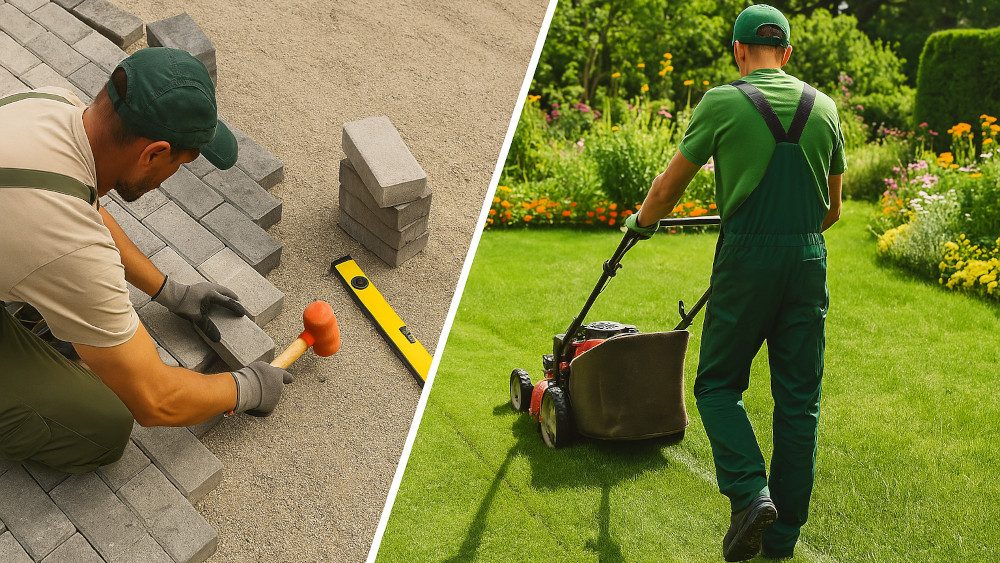Key Takeaways: Find the Best Fence Contractor in NZ for New Residential, Commercial, Rural, and Farm Projects Near You
- Understand Your Needs: Determine whether you need residential, commercial, or specialty fencing services.
- Research Local Contractors: Look for experienced and certified fencing companies in your area.
- Compare Quotes: Request multiple quotes to find affordable fence installation options.
- Check Reviews: Read customer feedback to identify reliable and professional fence installers.
- Know the Process: Familiarize yourself with the typical fence installation process to set realistic expectations.
- Consider Gate Options: Choose gates that complement your fencing project for security and aesthetics.
- Maintain Your Fence: Regular inspections and maintenance can extend the lifespan of your fence.
Finding the Right Builder: A Guide to Rural Fence Construction, Farm Projects, and the Installation Process
Fencing is an essential aspect of property management, whether for privacy, security, or aesthetic appeal. In New Zealand, the demand for high-quality fence installation services has grown, with homeowners, businesses, and developers seeking reliable contractors to meet their needs. However, choosing the right fence installation company can be challenging, given the variety of options available. This guide will help you navigate the process and select the best fencing company for your project.
Types of Fence Contractors in New Zealand
Residential Fence Contractors
Residential fencing is designed to enhance privacy, security, and curb appeal for homes. Popular options include timber fences, aluminum fences, and modular fencing. Look for fence contractors specializing in backyard fences, child-safe fencing, and pool fencing services.
Commercial Fence Contractors
Commercial fencing focuses on security and durability. These contractors often install anti-climb fences, perimeter security fencing, and construction site fencing. If you’re a business owner, ensure the contractor offers tailored solutions like secure gate systems and high-security fences.
Specialty Fence Installers
Some companies specialize in unique fencing solutions, such as eco-friendly fences, decorative designs, or hybrid fencing systems. These contractors are ideal for lifestyle blocks, designer fencing ideas, or contemporary fences.
Factors to Consider When Choosing a Fence Installation Company
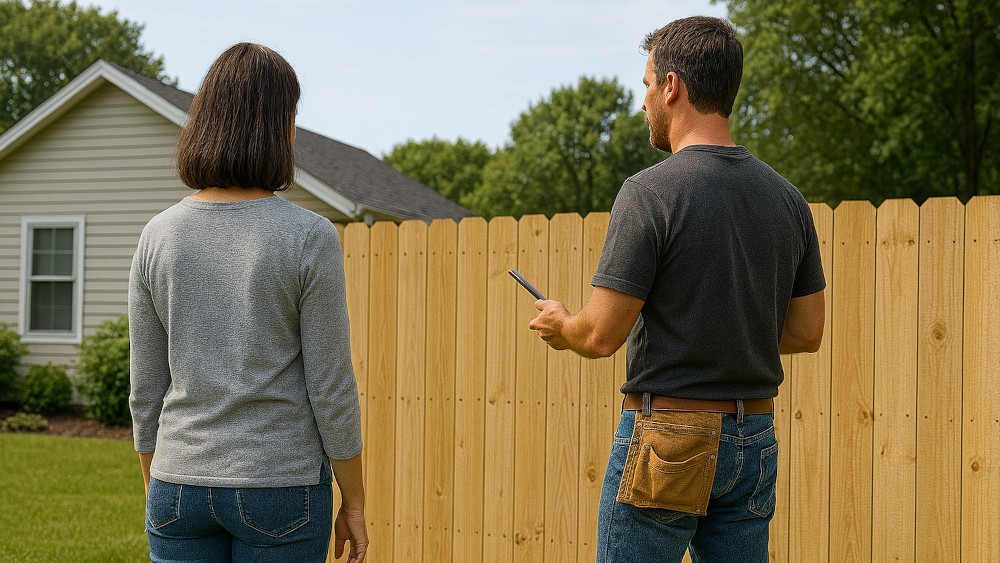
Selecting the right fencing specialist is essential for a successful installation that meets your needs and stands the test of time. By considering key factors and avoiding common mistakes, you can make an informed decision and retain the long-term value of your investment. Whether you’re following a current fencing trend or opting for a timeless design, here’s what to keep in mind:
Experience and Certification
Choose a company with a proven track record in fence installation. Certified fencing installers ensure quality workmanship and compliance with New Zealand’s building regulations. Hiring unqualified or inexperienced contractors may seem cost-effective but can lead to poor results and additional expenses down the line. Always verify certifications and experience before hiring.
Customer Reviews and Feedback
Online reviews and testimonials provide valuable insights into a company’s reliability and professionalism. Look for feedback on timely completion, communication, and post-installation support. This can help you avoid contractors with a history of delays or poor service.
Range of Services
A good fencing company should offer a variety of services, including fence repair, panel replacement, and bundled fence and deck packages. This versatility ensures they can meet your needs as they evolve. Also, ensure the contractor is familiar with New Zealand’s fencing laws and boundary regulations to avoid disputes with neighbors.
Pricing and Quotes
Request quotes from multiple contractors to compare pricing. Look for affordable fence installation options without compromising on quality. Some companies may offer seasonal fencing discounts or financing plans. However, avoid the mistake of focusing solely on price—cheaper options may come with hidden costs, such as lower-quality materials or poor workmanship. You can also try our fence cost calculator to estimate your project budget more accurately.
Weather Conditions and Material Selection
New Zealand’s weather can be harsh, especially in coastal areas. Ignoring weather conditions when choosing fencing materials can lead to premature wear and damage. Opt for weatherproof materials like aluminum or Colorsteel to ensure longevity. Discuss these considerations with your contractor to make the best choice for your location.
Maintenance Costs
Some fencing materials, like timber, require regular upkeep, while others, like aluminum, are low-maintenance. Overlooking maintenance costs can lead to unexpected expenses in the future. Discuss maintenance requirements with your contractor to ensure you’re prepared for long-term care.
By carefully evaluating these factors and avoiding common mistakes, you can select a reliable fence installation company that delivers high-quality results tailored to your needs.
Comparing Fencing Materials
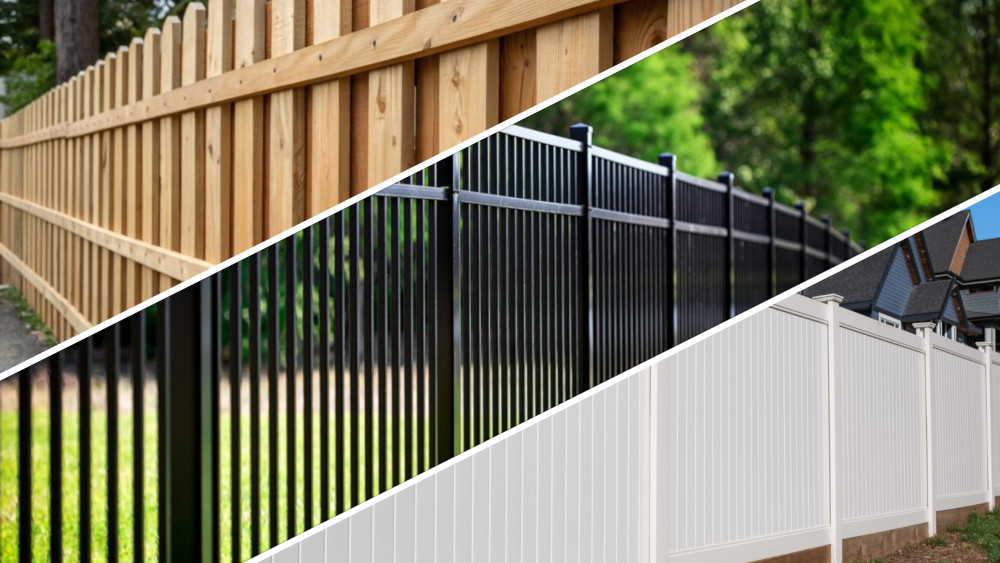
Choosing the right fencing material is crucial for durability and aesthetics. Here’s a comparison of popular options in New Zealand:
| Material | Advantages | Disadvantages | Best For |
|---|---|---|---|
| Timber Fencing | Natural look, versatile, cost-effective | Requires regular maintenance | Residential properties |
| Aluminum Fencing | Lightweight, rust-resistant | Higher upfront cost | Coastal areas, modern designs |
| Colorbond Fencing | Durable, weatherproof, low maintenance | Limited design options | Privacy fencing |
| Composite Fencing | Eco-friendly, long-lasting | Higher cost | Sustainable fencing solutions |
| Steel Fencing | Strong, secure | Prone to rust in harsh conditions | Industrial and commercial sites |
| Glass Fencing | Sleek, modern aesthetic | Expensive, requires cleaning | Pool fencing, contemporary homes |
Fence Installation Process in New Zealand: Step-by-Step Guide
Understanding the fence installation process can help homeowners and businesses set realistic expectations and plan accordingly. Here’s a typical step-by-step guide:
Site Inspection and Measurement
The contractor will visit your property to assess the site, measure the area, and discuss your requirements. This step ensures accurate planning and helps identify potential challenges, such as slopes or boundary issues.
Material Delivery and Prep Work
Once the design and materials are finalized, the contractor will arrange for material delivery. Prep work includes clearing the site, marking post locations, and ensuring the ground is ready for installation.
Post Setting and Panel Installation
Fence posts are set into the ground, typically using concrete for stability. Once the posts are secure, panels or rails are installed according to the design. This step may take a few days, depending on the size and complexity of the project.
Cleanup and Final Inspection
After installation, the contractor will clean up the site, removing debris and leftover materials. A final inspection ensures the fence meets your expectations and complies with local regulations.
Gate Options and Integration With Fencing Projects
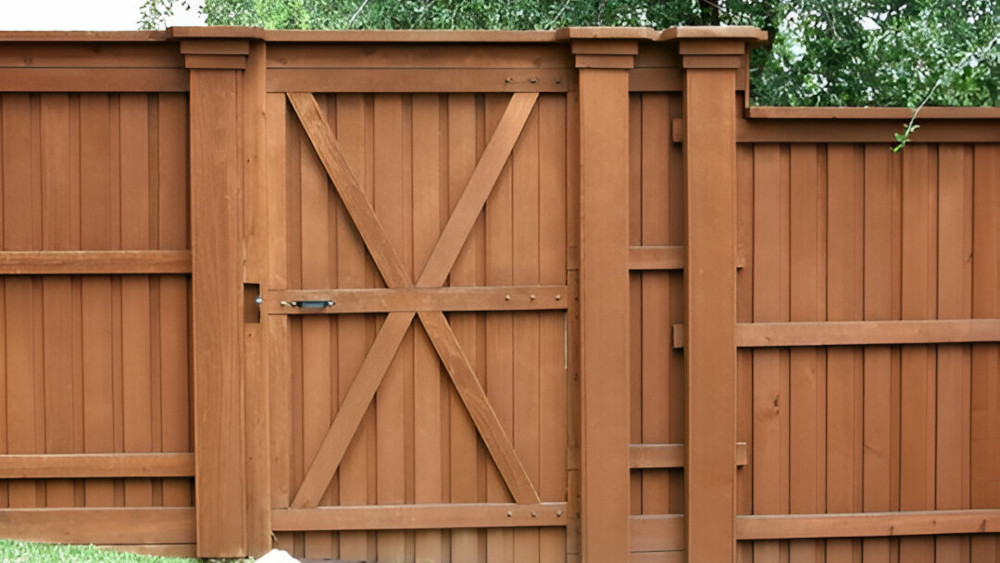
Gates are an essential part of many fencing projects, providing access while maintaining security and aesthetics. Here are some common gate options:
Swing vs Sliding Gates
- Swing Gates: Ideal for smaller spaces, these gates open outward or inward and are cost-effective.
- Sliding Gates: Perfect for larger driveways or areas with limited space, sliding gates offer smooth operation and modern appeal.
Manual vs Automated Gates
- Manual Gates: Simple and affordable, these gates require physical effort to open and close.
- Automated Gates: Equipped with motors and sensors, automated gates provide convenience and enhanced security.
Types of Gates
- Driveway Gates: Designed for vehicle access, these gates are often larger and more robust.
- Pedestrian Gates: Smaller gates for foot traffic, commonly integrated into residential fencing.
- Farm Gates: Durable and wide gates suitable for rural properties and lifestyle blocks.
Integration Tips
To ensure proper integration, work with your contractor to match the gate’s design and materials with your fence. Automated gates may require additional wiring or power sources, so plan for these during installation.
Expert Tips for Choosing the Best Fence Installation Company
Get a Free Consultation
Many fencing companies in New Zealand offer free site inspections and consultations. Use this opportunity to discuss your needs and evaluate their expertise.
Ask About Warranty and Aftercare
Reliable contractors provide warranties for their work and offer maintenance services. This ensures your fence remains in top condition for years.
Consider Seasonal Offers
Some companies provide seasonal fencing specials or bundled deals for fence and gate installations. These can help you save money while getting comprehensive services.
Evaluate Their Portfolio
Review the contractor’s project gallery to assess their style and quality. This is especially important for custom fence builders or designer fencing ideas.
Best Time to Install a Fence in New Zealand
The ideal time for fence installation depends on weather conditions and your project timeline. Spring and summer are popular seasons for fencing projects due to favorable weather. However, some contractors may offer discounts during the off-season, making winter installations more affordable.
How to Inspect and Maintain Your Fence After Installation
Proper maintenance can extend the lifespan of your fence and keep it looking great. Here are some practical tips:
How Often to Inspect
Inspect your fence at least twice a year, or more frequently if exposed to harsh weather conditions.
Signs of Wear or Damage
Look for signs such as:
- Cracks or warping in timber fences
- Rust or corrosion on metal fences
- Loose panels or posts
- Fading paint or discoloration
Cleaning and Painting Schedules

- Timber Fences: Clean annually and repaint or stain every 2–3 years.
- Metal Fences: Wash with mild soap and water to prevent rust buildup.
- Glass Fences: Clean regularly to maintain clarity and appearance.
Handling Minor Repairs
For small issues like loose panels or minor cracks, you can often fix them yourself with basic tools. For larger problems, such as structural damage, contact a professional fence contractor like Real Fencing for new fence installation or fence repairs.
Conclusion
Choosing the right fence installation company in New Zealand is an important step in enhancing your property’s security, privacy, and aesthetic appeal. By understanding your needs, comparing quotes, and evaluating materials, you can make an informed decision and ensure a successful fencing project. Whether you’re looking for residential, commercial, or specialty fencing solutions, the right contractor can bring your vision to life.
Looking for trusted fence contractors in New Zealand? Visit Landscaping HQ, New Zealand’s premier directory for landscaping and outdoor services. Our platform makes it easy to connect with skilled professionals for all your fencing, landscaping, and outdoor improvement needs. Find the right experts near you today!
Common Questions and Answers
How much does it cost to build a fence in NZ, and what are the cheapest options?
The cost to build a fence in New Zealand varies depending on several factors such as material type, fence height, terrain, and labor charges in your area. On average, you can expect to pay between $70 and $300+ per metre. Simpler styles like timber paling or post-and-wire fences are generally more affordable, while premium options like aluminium, Colorbond, or glass fencing cost significantly more due to material and installation complexity. Location also impacts cost—urban areas may have higher labor rates, while rural sites might require additional groundwork.
If you’re looking for the cheapest fencing option in NZ, paling fences are a popular and cost-effective solution for residential properties. For larger, open land such as farms and rural projects, post-and-wire or electric fencing is often used due to lower material costs and ease of installation over uneven terrain. It’s always a good idea to request multiple quotes from local fencing contractors to find the best price for your project while ensuring quality workmanship and materials.
Do neighbours have to pay half for a fence in NZ?
Yes, according to the Fencing Act 1978, if a boundary fence is shared between two properties, both neighbours are generally responsible for sharing the cost equally. Before starting construction, the party initiating the fence must serve a Fencing Notice to the other party, outlining the type of fence, estimated cost, and construction timeline. If the neighbour agrees or doesn’t object within 21 days, they are legally obligated to pay half. This applies to new fences, replacements, and necessary repairs.
However, there are exceptions. If one neighbour wants a fence that’s more expensive than what’s considered “adequate” by law, they may have to cover the difference. Disputes can be resolved through mediation or the Disputes Tribunal if needed. To avoid misunderstandings, it’s best to consult a local fencing contractor who understands NZ regulations and can help guide you through the legal and construction process smoothly. It also helps maintain good relations with neighbours during shared property improvements.
How much does a wooden or paling fence cost per metre in NZ? Should you paint or stain it?
Wooden and paling fences are among the most common fencing choices for New Zealand homes due to their affordability and natural look. On average, a paling fence costs between $75 and $150 per metre, depending on height, timber quality, and post spacing. Custom designs, slats, or additional treatments can raise the cost slightly, but it’s still more budget-friendly compared to other fencing materials like aluminium or Colorbond. Keep in mind that installation costs vary by location and contractor, so it’s worth comparing quotes from a few local fence builders.
When it comes to maintaining a wooden fence, painting or staining can make a significant difference. Both treatments protect timber from NZ’s harsh UV rays, rain, and humidity. Staining highlights the natural grain of the wood and typically requires less maintenance, while painting offers solid colour options and added protection. Your decision may depend on the aesthetic you want for your home and the level of upkeep you’re prepared to handle. A professional fencing contractor can recommend the best treatment option based on the timber type, climate, and exposure.
What type of fence is best for my property—aluminium, timber, or rural fencing?
Choosing the best fence for your property depends on a few key factors: location, intended use, budget, and maintenance preferences. For example, timber fences remain a popular choice for suburban homes because they offer privacy, a classic appearance, and are relatively cheap compared to other options. They’re also easy to repair and suitable for pet-friendly yards when properly installed with secure gaps and height.
In coastal areas, aluminium fencing is often a better fit due to its rust resistance and minimal upkeep. It’s ideal for modern home designs and performs well in environments exposed to salt air and heavy rainfall.
For rural properties or farms, post-and-wire, electric, or post-and-rail fences are commonly used. These styles are practical and cost-effective for covering large areas, especially for containing livestock or protecting crops. They’re also straightforward to install on uneven land.
To ensure you get the complete solution for your needs—whether it’s a boundary for a family home, a pet enclosure, a secure fence for a commercial site, or long stretches of fencing across a rural block—it’s best to consult with a local fencing contractor who understands the conditions and regulations in your area.
How do I find a trusted fencing contractor in new zealand?
Finding a trusted fencing contractor in New Zealand isn’t just about going for the cheapest option—it’s about making a smart buying decision that suits your property type, budget, and long-term needs. Start by checking reputable directories like Landscaping HQ, where you can explore profiles, services, and verified customer reviews. Look for contractors who follow industry best rules, are experienced with your fencing type—be it rental properties, pet-friendly enclosures, or eco solutions—and who can show a proven track record.
Ask if they work with specialty materials such as mesh for rural or animal containment, or offer DIY options if you’re planning to install the fence yourself. Once you’ve shortlisted a few, request site inspections and written quotes. Reliable contractors will outline costs, timelines, and clearly explain the materials used. If you’re concerned about durability, discuss how the fence will handle wear and potential break points over time.
Also, inquire about warranties, aftercare, and seasonal promotions. Whether you’re installing a boundary fence, a pet-safe gate, or a temporary fence for a rental home, a good fencing specialist will ensure the job is done right.
